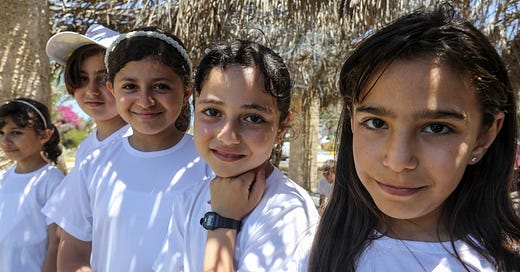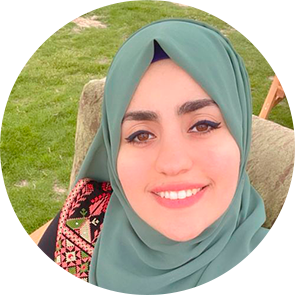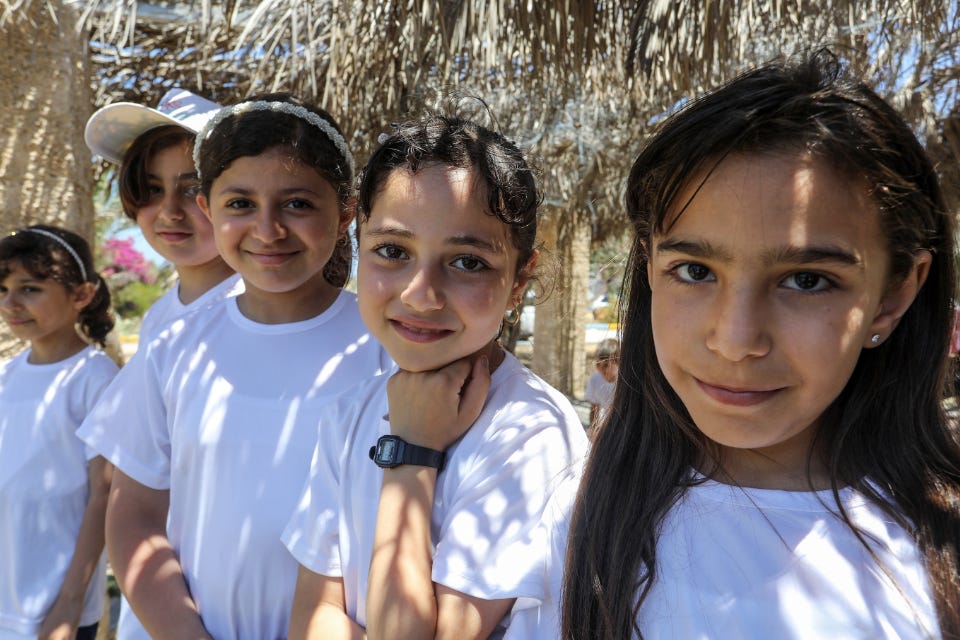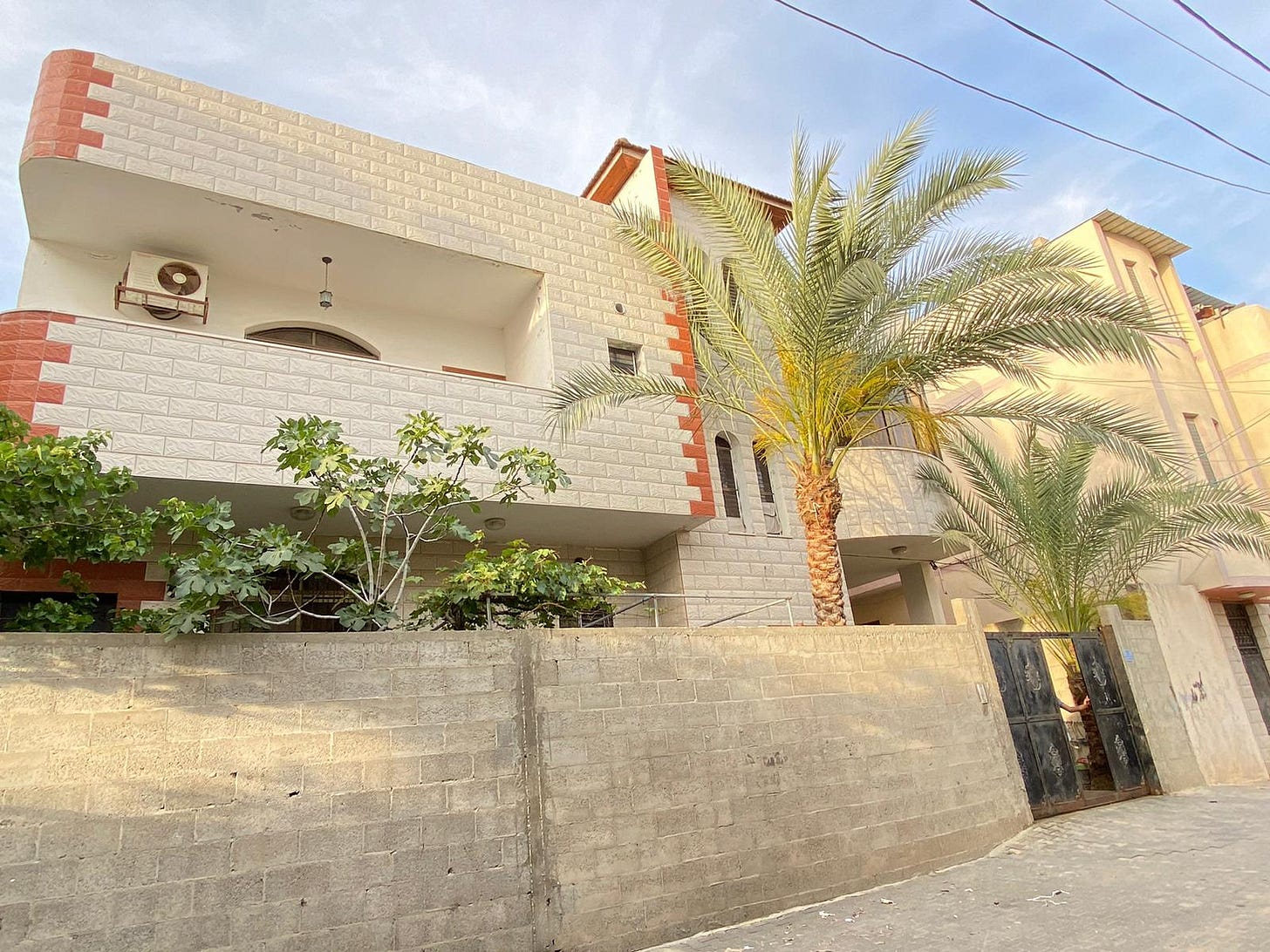On that fateful December day in 2008, anticipation filled the air as my family prepared to move into our new home. My mom and cousin diligently cleaned every corner of the house we'd bought, getting ready for the big day. I was 11 years old, engrossed in my studies at school, unaware of the impending storm that was about to unleash its fury.
As the sun reached its peak in the sky, the day's tranquility shattered as more than 80 Israeli F-16 planes roared overhead, causing our desks to shake. Outside, a symphony of booming explosions resonated in our bones, and the innocence in our eyes transformed into terror.
In my classroom, panic spread like wildfire. My classmates’ faces reflected the moment’s horror. It was as if they had witnessed an army of invading zombies. Chaos erupted as we desperately sought an escape route, running aimlessly in the confines of our school. I sprinted toward the bus, my heart pounding with every step, yearning to reach the safety of home.
Little did I know, our new house--our sanctuary--would be destroyed by an F-16 bomb. We lived too close to the Israeli border. Memories of another tragedy just 10 months earlier flooded my mind: I could still see the Israeli soldiers who’d bombed the door of the building where we'd been living in February.
When I arrived home, my mom was waiting. The devastation had taken shape all around us like a nightmarish tableau. The thunderous roar of tank shells continued piercing the air, some hitting our building. Panic-stricken, my family huddled together, seeking refuge in the living room before the suffocating smoke drove us into the tiny bathroom--our fragile attempt at safety. As the rumble of tanks faded, we cautiously descended to the first floor, joining my beloved grandmother and other relatives.
The landscape outside, once vibrant with life, was a wasteland: houses reduced to rubble, streets lined with debris, every semblance of ordinary life obliterated. It wasn't just about losing our home. The rhythms of everyday life that we took for granted--that had defined our daily existence--had been wiped out in minutes.
The Israeli military claimed they were targeting buildings belonging to Hamas. But we saw something else: indiscriminate destruction and innocent people caught in the crossfire. My father, an engineer working for the Gaza Electricity Distribution Corporation, had no political affiliations. But that didn't spare our home from becoming a casualty of war.
As the years passed, violence continued to haunt us. I was a witness to time marked by sorrow and uncertainty. In 2011, we rebuilt our shattered home, but I knew I would never feel safe there again. Three years later, at age 17, I stood on the precipice of adulthood, still burdened by the weight of a conflict that wouldn’t let up. At age 24, two years ago, I yearned for stability, for a life untouched by the ceaseless tension that defined our existence. But the next year, I turned 25, and the horrors persisted, tearing through our lives with each new assault.
During the most recent attack, this past year, I saw my younger sister, just 12 years old, hiding under a bed cover. I realized she was worried that another attack would shatter a window, and she was trying to protect herself. It was a poignant reminder of the impact the violence has had on a younger generation that's grown up in the shadow of fear.
Throughout this tumultuous journey, the bonds within my family have grown stronger. We've clung to each other, finding solace in our shared experiences and unwavering love. In the darkest of times, we were strong for one another, providing support even as the world around us seemed to be falling apart. Amid the despair, there were also sparks of hope. We refused to let the wars define us entirely. Despite the constant threat of violence, we tried to be optimistic that one-day peace would take hold, and our beloved Gaza would flourish.
The resilience that sprouted within us became a beacon of light. Our community found strength in neighbours and friends getting together and sharing stories of endurance and survival. As the years passed, I found myself becoming a storyteller. I participate in a podcast to talk about my experience in the 2021 attack on Gaza. I organise a gathering in my work place, where I talk about my journey as a writer and a storyteller and I teach others how to write story pitches, so they can share their voices. Through words, I seek to humanise the conflicts that ravaged our homeland, to bridge the gap between hearts hardened by prejudice and ignorance. I want to remind people that behind the headlines, real lives are torn apart.
My journey as a storyteller continues. I refuse to let the scars on my heart dictate my future. I hold onto the memories of my dream house, my cherished private bedroom, not as symbols of loss but as reminders of resilience and a hope that has not faded.
Even in the face of escalating violence, I've seen that the human spirit persists, yearning for a life free from fear, where dreams can take root and bloom. I carry hope within me, nurturing it with every word I write, with every story I share. Together, I hope we can navigate the shadows, searching for that elusive dawn where peace finally triumphs, and Gaza can heal and rebuild.







